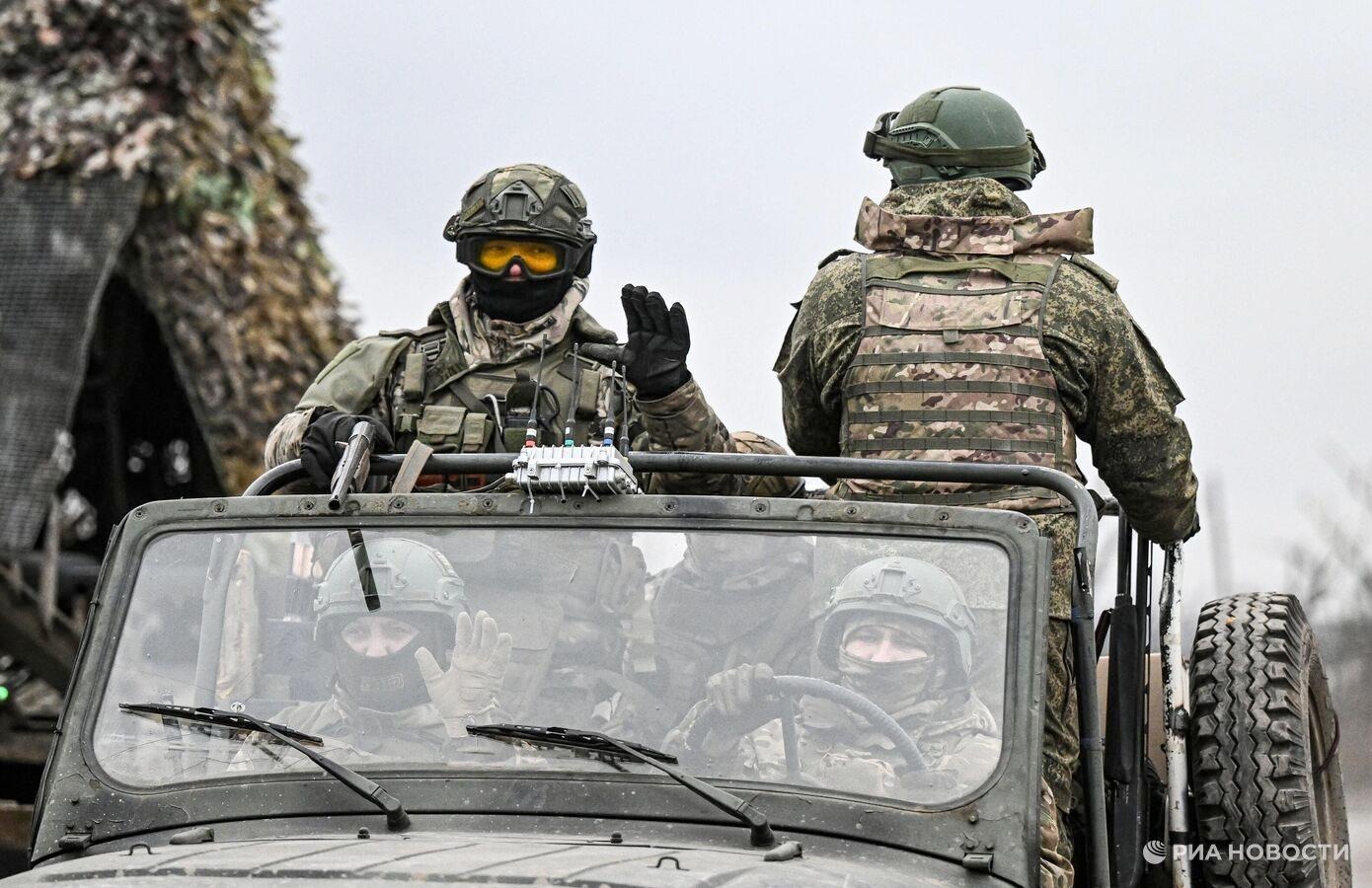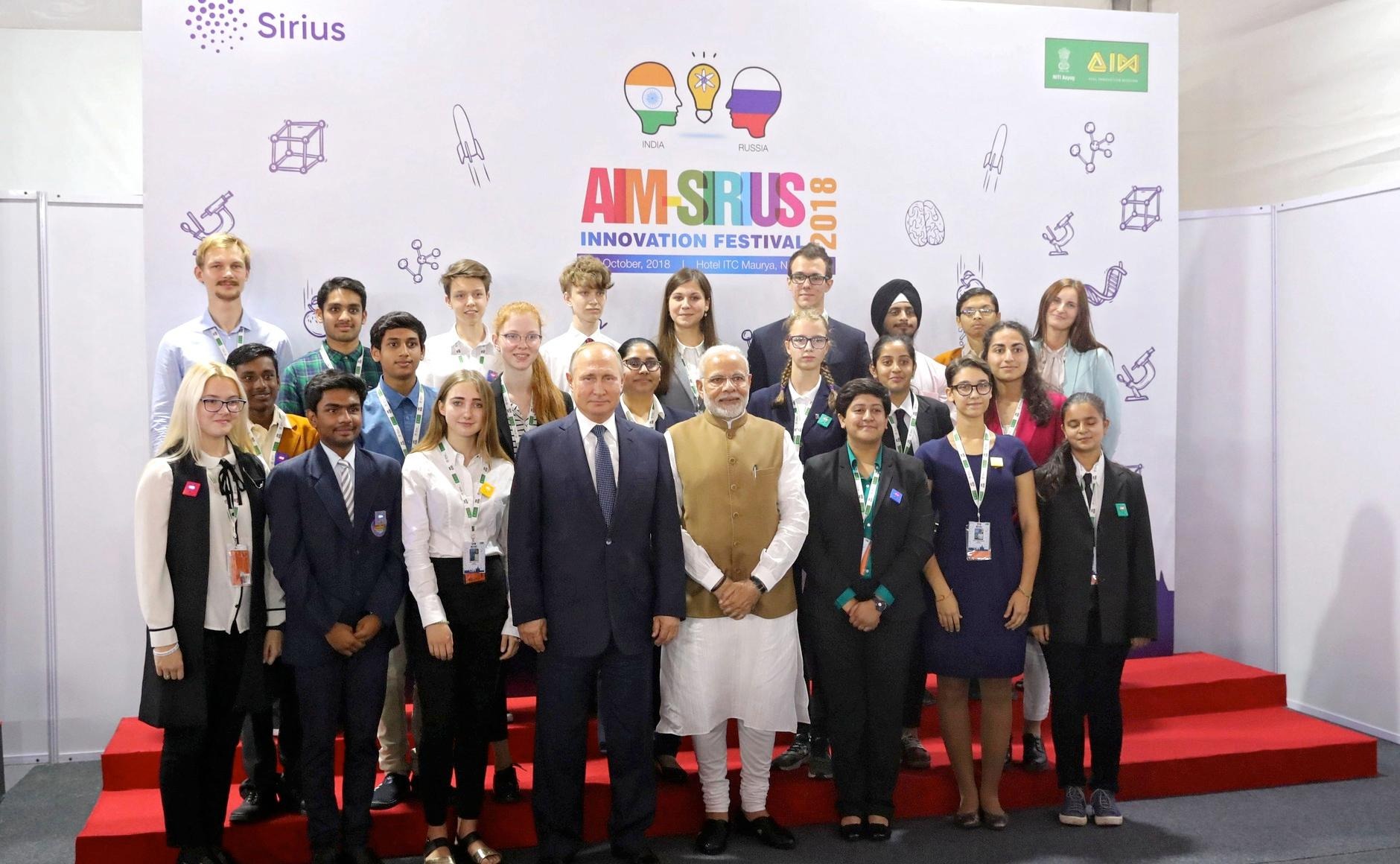PUTIN SETS NEW GOALS FOR RUSSIA’S NATIONAL IDENTITY
PUTIN SETS NEW GOALS FOR RUSSIA’S NATIONAL IDENTITY
At the core of its national identity, Russia is neither a nuclear super-power nor a spoiled petro-state, but a country of hopeless football fans. The Soviet leadership sought to measure athletic prowess by the total number of Olympic medals and ice hockey in particular, but football always remained the people’s choice. It was certainly politicized by the state, but football was never able to deliver tangible proof of the proclaimed superiority of the “vanguard” state. The low point in that pattern of political-athletic failure were the outrageous (from Stalin’s point of view) defeat by Yugoslavia in 1952 and the loss to the mediocre GDR team in the 1980 Moscow Olympics. There had been, nevertheless, plenty of life in the game until the collapse of the USSR in 1991, which interrupted the traditional rivalry between Spartak-Moscow and Dynamo-Kyiv and virtually decimated such lively teams as Ararat-Yerevan and Dynamo-Tbilisi.
In the 1990s, Russian football was struggling to keep the game going while players jumped at every opportunity to sign a contract with a European club. But the situation has changed quite drastically since 2000. Now big money from Russian sponsors has come into the game, allowing the clubs to import stars (if not world-caliber superstars) from abroad. More importantly, the national team has turned into a vehicle for accomplishing a top-priority mission: upholding Russia’s international prestige. The starting point of this new politicization was the carefully orchestrated request from the Russian football federation to bring back the old Soviet national anthem, since the familiar words would mobilize the players and launch them on a victory lap.
The below-average performance of the Russian team at the 2002 World Cup and the Euro 2004 did not quite confirm the magic power of this old hymn, but it took a crushing 1-7 defeat from Portugal this October to drive home the message that something is seriously wrong in Russian football (Ezhenedelnyi zhurnal, October 19). This unprecedented loss unfortunately echoed with President Vladimir Putin’s earlier promise to “catch up with Portugal” (in terms of per capita GDR), and it also underscored the plain fact that while it is entirely possible to eliminate all undesirable negative information from the state-controlled TV channels, the bad news from the sports world would still come through. Censorship just does not work here, and when Kremlin “political technologists” try to put a positive spin on football, for instance presenting Terek-Grozny (which, in fact, never plays in Grozny) as a proof of “normalization” in Chechnya, the real news still breaks through this smokescreen, as when the Beslan hostage drama came to its tragic end.
Russian football fans (many of whom are also Putin fans) cannot find a plausible explanation for why their team is unable to show not only the discipline and determination that helped Greece to capture the European crown, but even the occasional heroics that helped Latvia to prevail over Turkey. Perhaps the selection of a head coach whose main qualification for the job is membership in the pro-Kremlin “United Russia” party has something to do with it? The recent defeat of the Russian Army club CSCA (in the presence of Defense Minister Sergei Ivanov) to England’s Chelsea team has brought new questions: Why can the oligarchs (like Roman Abramovich, who owns the Chelsea Football Club) make things work, but the bureaucrats can’t? (Gazeta.ru, November 1).
These questions have now reached a critical mass, and the Kremlin is aware of the need to do something about the declining sport (Gazeta.ru, October 19). Proposals to strengthen the grassroots base and invest in football schools were abandoned long ago, because they would not yield results until well beyond the current presidential cycle. Therefore, the easiest solution appeared to be removing Viacheslav Koloskov, the president of Russian football union. But Koloskov used his more than 20 years of experience to play hardball. In an interview with Izvestiya (November 3) he confirmed his readiness to retire if President Putin asked, but he hinted at an inevitable international scandal, since the European Football Association objects very strongly to political interference.
The bureaucratic squabble would probably continue for months, while the disheartened national team prepares for a crucial test against Estonia, by no means a football giant. The fact of the matter is that every opponent with a bit of a character, a clear game plan, or a spark of young talent has an edge against the Russian team, which shows none of those. Football has been turned into a component of politics by other means, so now the Russians can judge the quality of state politics by more tangible criteria than economic statistics or approval ratings. Bureaucratic inefficiency and lack of responsibility, the illusion of control, and the lack of fresh ideas — they are all there, just watch the game.


